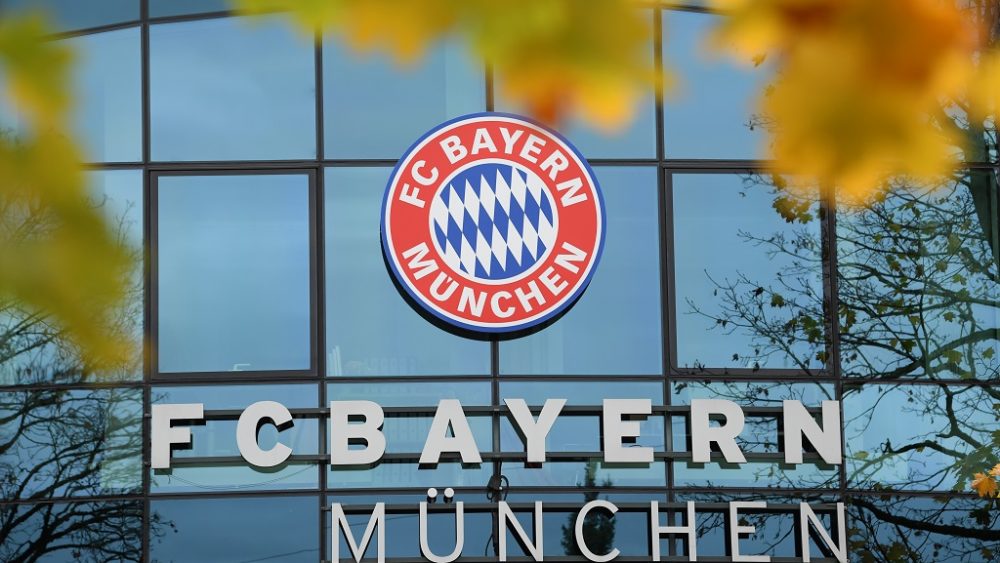What’s in a name?
As we await the return of the Bundesliga, fans old and new might be wondering about the meanings of some of our more unusual club names. Here’s an insight into the history of some German football clubs; let’s see if you know your Borussias from your Fortunas:
Many club names begin with acronyms, such as TSG Hoffenheim, SC Freiburg, VfL Wolfsburg, etc. These acronyms give an insight into the history of these clubs, and the more generic beginnings of most of these teams as “sports clubs” rather than specifically football clubs. For example, Hoffenheim’s TSG means Turn- und Sportgemeinschaft, or gymnastics and sports association, and VfL means Verein für Leibesübungen, or club for physical exercise. Originally, many clubs branched out into tennis, gymnastics, athletics and other sports alongside football. Our own Bayern Munich was founded by members of a gymnastics club, MTV 1879, and today still boasts teams in basketball, handball, table tennis and chess, amongst others.
No other major league has quite as many numerical names as the Bundesliga. The existence of these numbers again shows us how important the past is to German clubs. They want you to know that they have history, that they’re not just “Schalke” or “Mainz”, but teams with a history dating back to 1904 and 1905 respectively. Even seemingly number-free teams aren’t as simple as you may think – Werder Bremen’s full title is actually Sportverein Werder Bremen von 1899 e.V.
Similarly, any teams with “1.”, meaning “first”, in front of their name, are proudly proclaiming that they were the first football team in that city. 1. FC Köln and 1. FC Nürnberg are examples of this. Clubs are fiercely proud of their history – that’s why we often see them celebrating big anniversaries, such as Bayern’s 120th this year.
That explains the numbers and acronyms, but what about the other words that make up football clubs’ names? The word “Borussia” features in two top flight teams: Mönchengladbach and Dortmund. Borussia is the Latin word for Prussia. It was a popular addition to sports clubs springing up around the Ruhr, giving clubs a timeless or historical air. In Dortmund’s case, the name was chosen because of Borussia Beer, which was brewed nearby.
Werder Bremen’s “Werder” is a river peninsula, the setting of the original team’s first field. Again the fact that they’ve never changed this name shows us that they’re proud of their roots, and want you to know how far they’ve come from their humble origins. The “Bayer” in Bayer 04 Leverkusen shows the team’s roots in being a working mens’ team – the founding members worked at the Bayer pharmaceutical company. Dresden’s “Dynamo” harks back to the communist sports clubs that could be found all over East Germany, helping to create strong and competitive citizens.
As well as history, mythology and ancient history play a part in many club names. Alemannia Aachen take their name from the Germanic tribes who lived in the area in the days of the Roman Empire. “Fortuna” and “Viktoria” evoke mythological imagery of the goddesses Fortune and Victory. Even Frankfurt’s self-explanatory “Eintracht” (United) is also the mythological goddess of agreement. Hertha Berlin was named after a blue and white ship, which had provided fond childhood memories for of the founders of the club. It’s name is also a variation on a Germanic goddess of fertility, Nerthus.
With all of these imaginative names in the league, it’s no wonder that fans call teams the Foals, the green-whites, the Eagles etc. The historic nature of the names of some of the clubs in the Bundesliga and lower German leagues tell a story. Clubs are proud of their roots, and German football respects history. That’s just one of the things that makes German football so interesting.
Our own FC Bayern München is mercifully quite self-explanatory. Bayern means Bavaria, München means Munich. We’ve got plenty of history in our trophy cabinets, so maybe it’s best to keep the name simple. Mia san mia, we are who we are, and we don’t need to complicate matters!








Great article and very needed. I’ve always thought Eintract meant harmonious, which was delightfully awkward, moreso when considering their terrifying two-headed mascot.
„ Even Frankfurt’s self-explanatory “Eintracht” (United) is also the mythological goddess of agreement.“
I would assume that this goddess is Concordia. I cannot think of a goddess named Eintracht. Are you sure about this part?
Concordia (Latin) = Harmonia (Greek). So Harmony Frankfurt may make some sense afterall.
What a lovely article. Thanks! Enjoyed it.